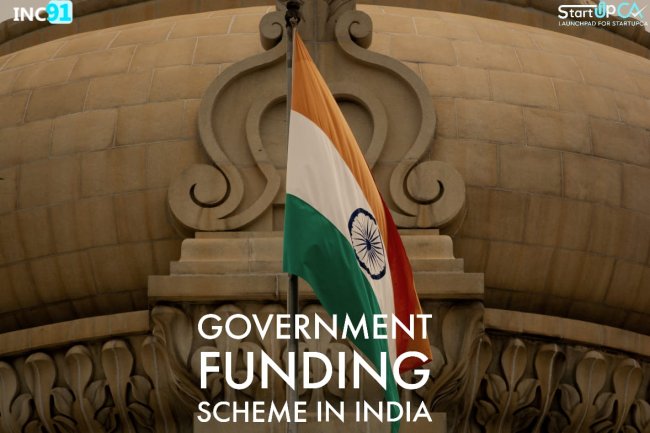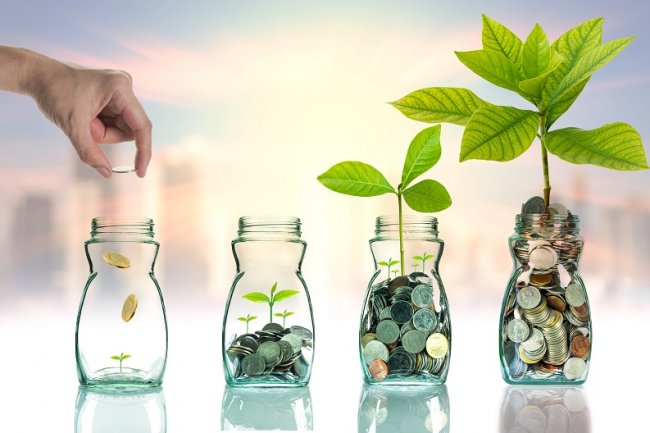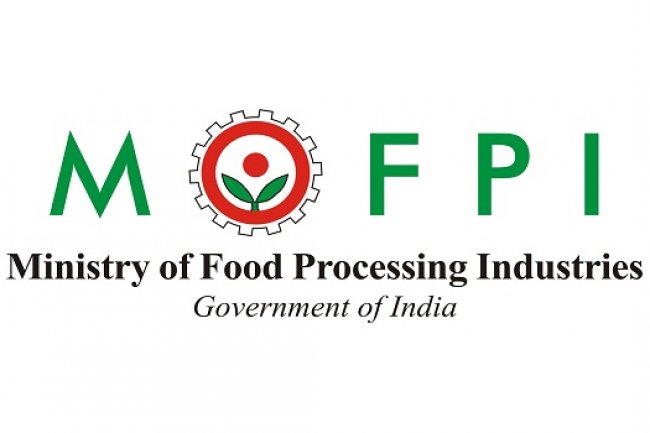Digital India Week 2022's theme is "Catalyzing New India's Techade."
India’s FinTech endeavour is truly a solution by the people, of the people and for the people

In Gandhinagar today, Prime Minister Shri Narendra Modi launched the Digital India Week 2022, with the theme 'Catalyzing New India's Techade.' Throughout the programme, he also launched a number of digital initiatives aimed at improving technology accessibility, streamlining service delivery to ensure ease of living, and assisting startups. He also announced the first 30 institutions to be supported by the Chips to Startup (C2S) Program. Gujarat Chief Minister Shri Bhupendrabhai Patel, Union Ministers Shri Ashwini Vaishnaw and Shri Rajeev Chandrasekhar, state ministers, people's representatives, startups, and other sector stakeholders were among those in attendance.
In his address to the gathering, Prime Minister Narendra Modi stated that today's programme provides a glimpse of India's ongoing modernization in the twenty-first century. India has demonstrated how revolutionary the proper use of technology is for the advancement of humanity through Digital India. "I am glad that this campaign, which began eight years ago, has grown with the changing times," he said.
"With the passage of time, the country that does not adopt modern technology falls behind," said the Prime Minister. During the Third Industrial Revolution, India was a victim of this. However, we can now proudly state that India is leading the world in the fourth industrial revolution, known as Industry 4.0. The Prime Minister commended Gujarat for taking the lead in this area as well.
Remembering the circumstances of 8-10 years ago. The Prime Minister stated that by going online, India has eliminated all lines for birth certificates, bill payments, rations, admissions, results, and banks. Many services, such as life certificates, reservations, and banking, have become more accessible, quick, and affordable. Similarly, over the last eight years, more than 23 lakh crore rupees have been directly transferred into the accounts of beneficiaries via technology under Direct Benefit Transfer. "Because of this technology, the country's 2 lakh 23 thousand crore rupees have been saved from falling into the wrong hands," he added, emphasising the role of Digital India in combating corruption.He claimed that Digital India has brought the government to citizens' doorsteps and phones. He claims that over 1.25 lakh Common Service Centres and Grameen Stores are now bringing e-commerce to rural India. Similarly, technology is being used to provide property documents for rural properties.
Regarding the use of technology during the pandemic, the Prime Minister stated that the power that Digital India has created in the country over the last eight years has greatly aided India in combating the global Corona pandemic. "With a single click, we transferred thousands of crores of rupees to the bank accounts of crores of women, farmers, and labourers across the country." We have provided free rationing to more than 80 crore citizens with the help of the One Nation, One Ration Card." We have managed the world's largest and most effective covid vaccination and relief programme. Approximately 200 vaccine doses have been administered and certificates have been issued through our Cowin platform, according to the Prime Minister.
Furthermore, the Prime Minister stated, "India's FinTech venture is truly a solution by the people, for the people." It contains technology developed by the people of India. The countrymen, i.e. the people, made it a part of their lives. It simplified the transactions of the countrymen, i.e. the people." India accounts for 40% of global digital transection, according to the Prime Minister. "Our digital solutions have scale, security, and democratic values," he said.
The Prime Minister discussed the importance of skilling, upskilling, and reskilling 14-15 lakh youths for Industry 4.0 over the next 4-5 years. "Be it space, mapping, drones, gaming, and animation, many such sectors that will expand the future of digital technology have been opened for innovation," he said. Provisions such as IN-SPACe and a new drone policy will reenergize India's technological potential in the coming years of this decade.
"Today, India is working on a target of taking electronics manufacturing to more than $ 300 billion in the next three-four years," the Prime Minister stated. India aspires to be a chip maker rather than a chip taker. India's investment in semiconductor production is rapidly increasing."
The Prime Minister expressed his hope that the Digital India Campaign will continue to grow and serve the citizens of the country.
Details on the initiatives that have been launched:
'Digital India Bhashini' will facilitate easy access to the internet and digital services in Indian languages, including voice-based access, and will aid in content creation in Indian languages. The creation of multilingual datasets will be a critical intervention in developing AI-based language technology solutions for Indian languages. Through a crowdsourcing initiative called BhashaDaan, Digital India Bhashini will enable massive citizen engagement in the creation of these datasets.
'Digital India GENESIS' (Gen-next Support for Innovative Startups) is a National Deep-tech Startup Platform that aims to discover, support, grow, and create successful startups in India's Tier II and Tier III cities. The scheme is expected to cost a total of 750 crores.
'Indiastack.global' - a global repository of key India Stack projects such as Aadhaar, UPI, Digilocker, Cowin Vaccination Platform, Government e-Marketplace (GeM), DIKSHA Platform, and Ayushman Bharat Digital Health Mission. This contribution by India to the Global Public Digital Goods repository will help position India as a leader in building Digital Transformation projects on a population scale, as well as be of great assistance to other countries seeking such technology solutions.
'MyScheme' is a service discovery platform that makes it easier to access government schemes. It intends to provide a one-stop search and discovery portal where users can find schemes for which they are eligible. He will also devote himself to the citizens. 'Meri Pehchaan'- National Single Sign-On for a Single Citizen Login. National Single Sign-On (NSSO) is a user authentication service that allows access to multiple online applications or services using a single set of credentials.
The C2S Programme aims to train specialised manpower in the area of semiconductor chip design at the Bachelors, Masters, and Research levels, as well as to act as a catalyst for the growth of semiconductor design startups in the country. It provides organisational mentoring and makes cutting-edge design facilities available to institutions. This is part of the India Semiconductor Mission to establish a strong semiconductor design ecosystem.
The physical events for Digital India Week 2022 will take place in Gandhinagar from July 4th to 6th. The programme will commemorate the 10th anniversary of Digital India by demonstrating how public digital platforms such as Aadhaar, UPI, Cowin, Digilocker, and others have made life easier for citizens. It will demonstrate India's technological prowess to a global audience, explore collaboration and business opportunities with a diverse range of stakeholders, and present the Techade of NextGen opportunities. It will feature Startups as well as leaders from government, industry, and academia.A Digital Mela will also be held, with over 200 stalls showcasing digital solutions that make life easier, as well as solutions developed by Indian unicorns and startups. From the 7th to the 9th of July, India Stack Knowledge Exchange will be held virtually.
What's Your Reaction?




















